One executive at the Las Vegas Strip casino operator said it is “trying to set a precedent within the industry as to what it means to be a responsible operator.”
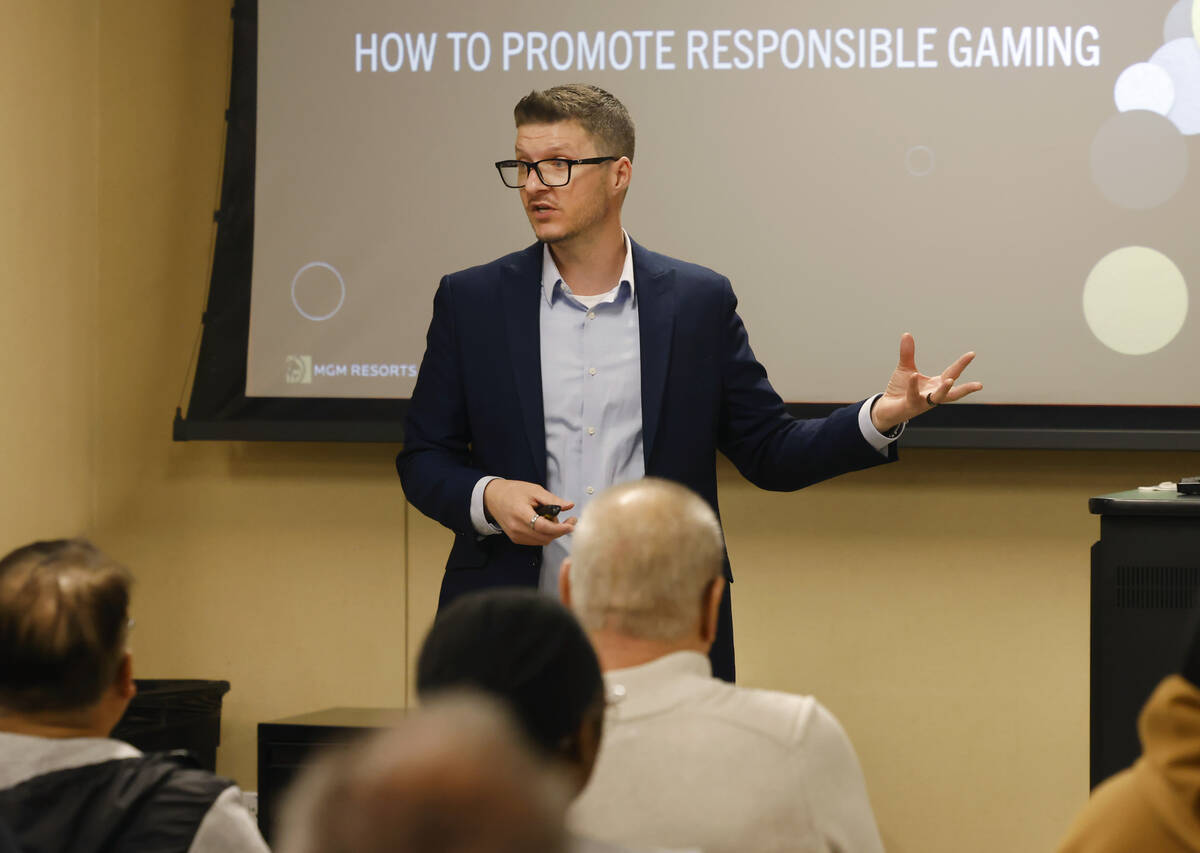
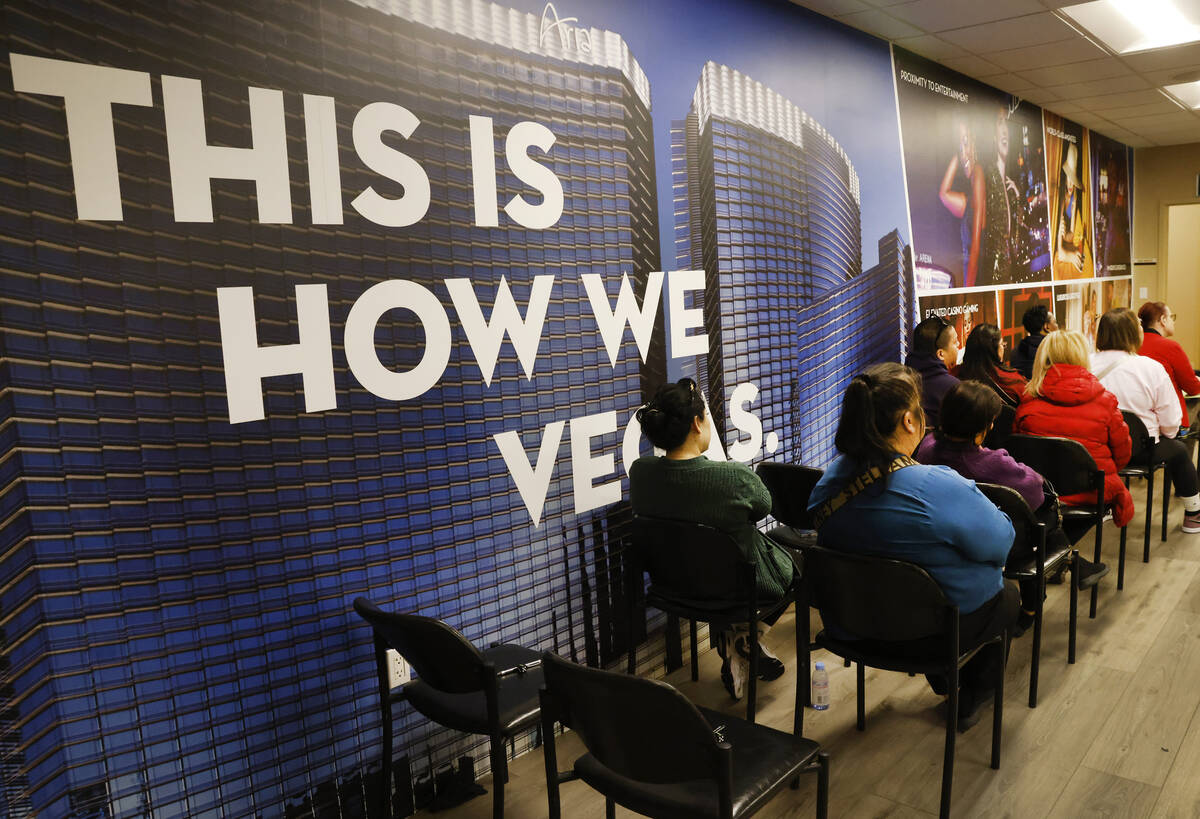
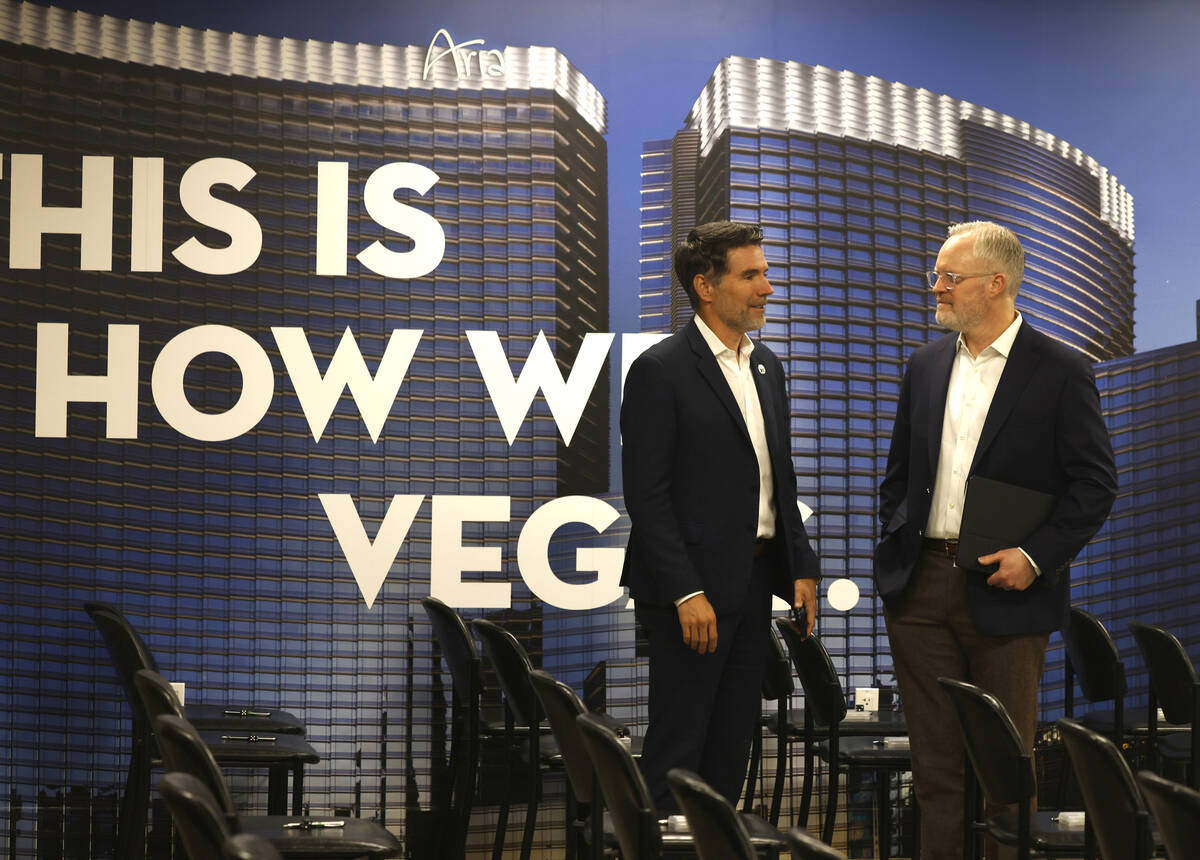
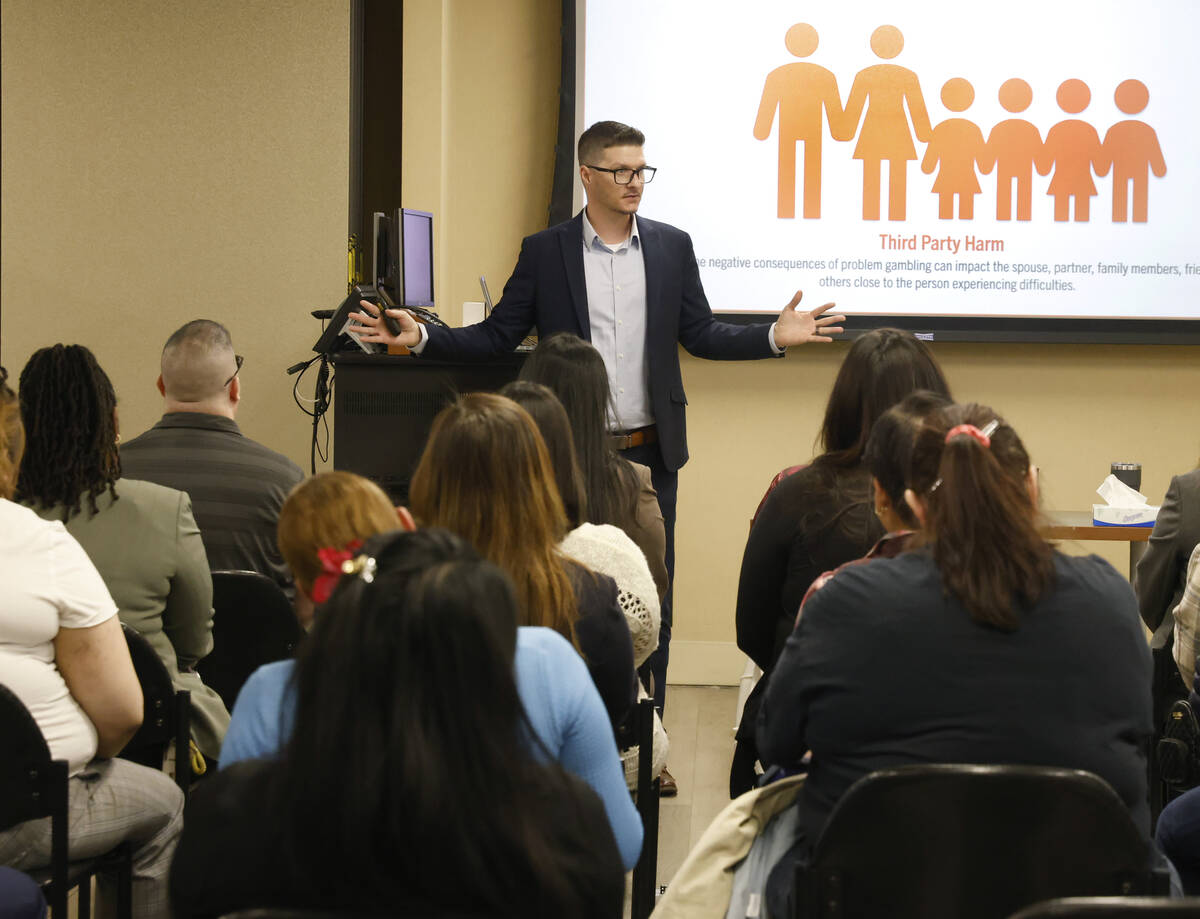
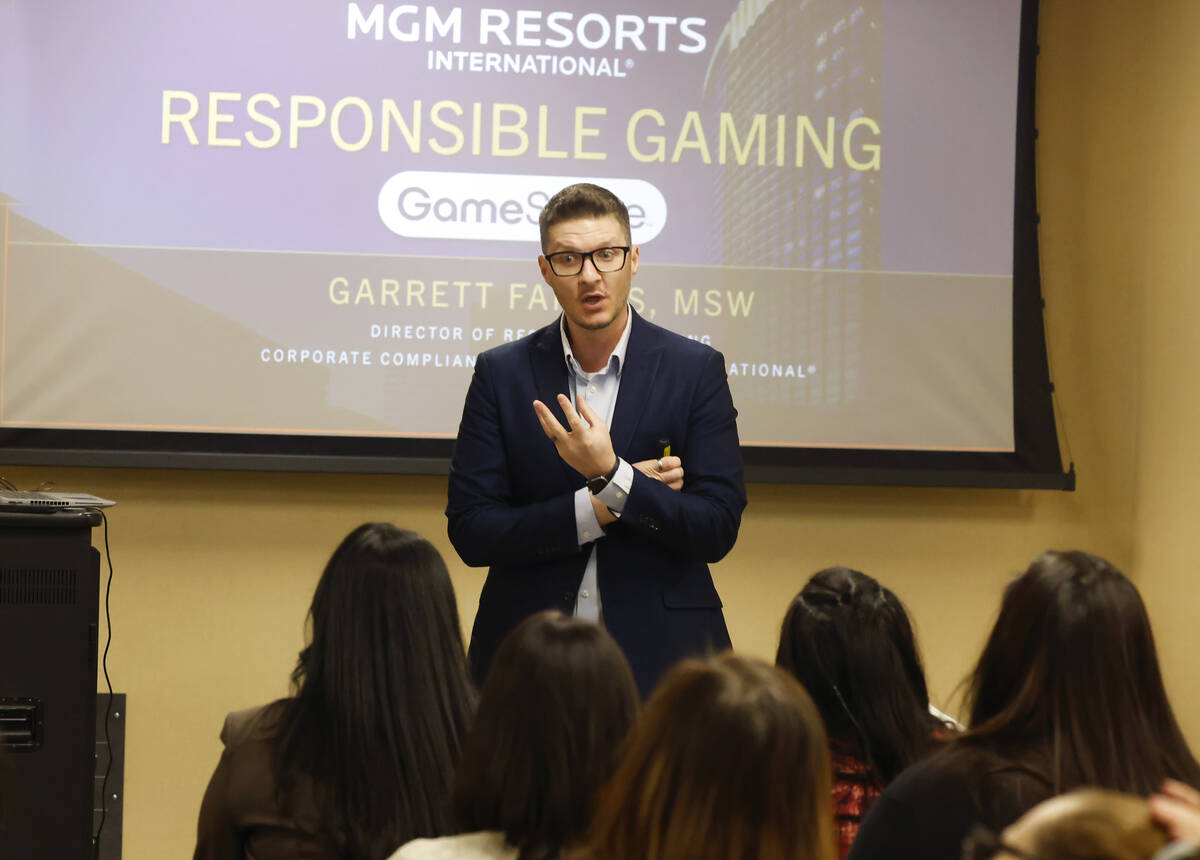
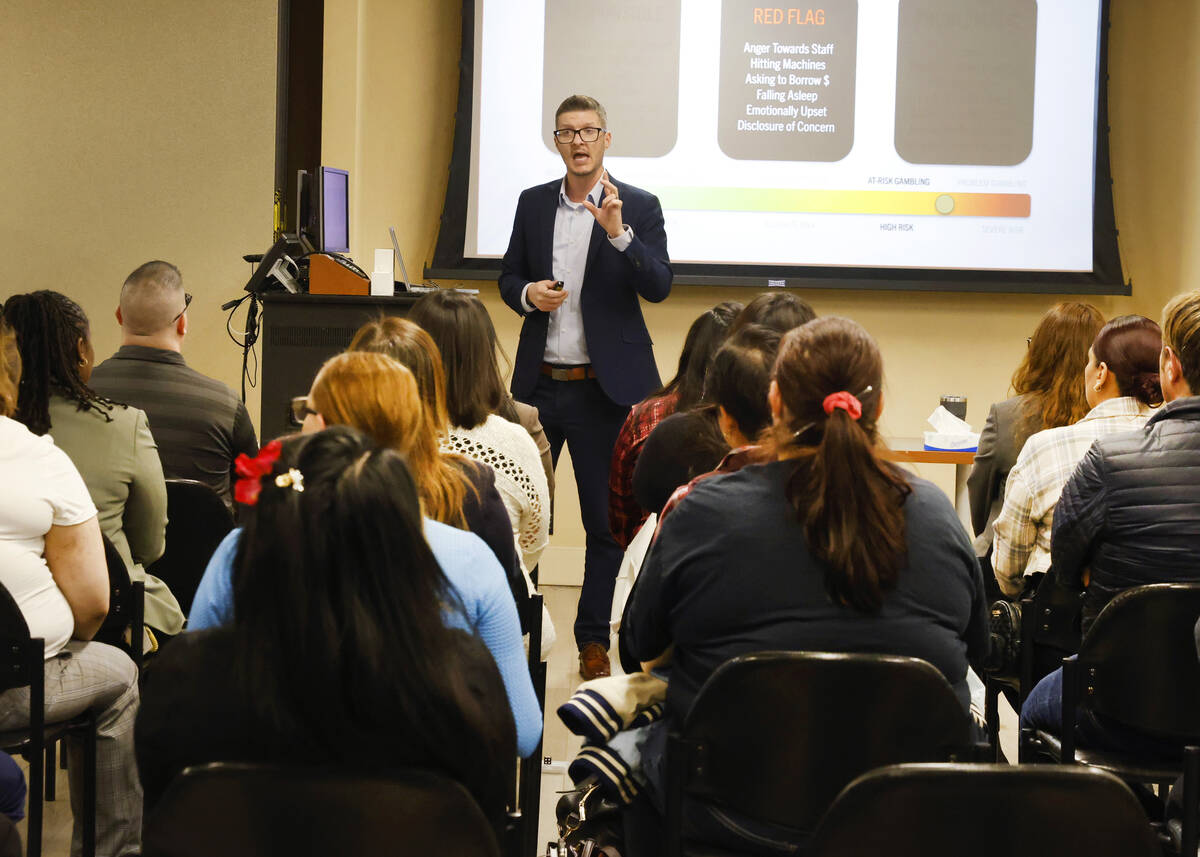
Garrett Farnes’ enthusiasm is infectious, bleeding into his lively presentations about an otherwise dry topic: responsible gaming. As director of MGM Resorts International’s responsible gaming efforts, Farnes has the Herculean task of making his area of expertise fun and relatable for the company’s front-line employees.
Luckily, Farnes can lean on GameSense, a responsible gaming program designed by the British Columbia Lottery Corp., to help educate the gambling giant’s employees about the importance of responsible gaming and how best to present that critical information to guests.
“We’re talking about something that doesn’t jump off the page, typically, and being able to have something that is engaging for our employees (is important),” he said. “We want it to resonate with them, and we want to leave them empowered after these (training) sessions to make responsible gaming an integral part of their daily job duties.”
‘We are trying to set a precedent’
This month, MGM celebrated a GameSense milestone that no other domestic gambling operator can claim. Following the completion of a two-hour training session on Tuesday, MGM has certified over 1,000 employees in the GameSense program in 2024 alone.
For comparison, from the time MGM first introduced GameSense in 2017 through 2023, the company had certified roughly 350 employees in total.
“We are trying to set a precedent within the industry as to what it means to be a responsible operator, and you will be hard pressed to find any other brick-and-mortar operator who promotes responsible gaming, 24 hours a day, seven days a week, 365 days out of the year the way that we do,” Farnes said.
John Flynn, MGM’s senior vice president of global security and aviation, was among the first company employees to be GameSense certified in 2017. Flynn said sustainability for the gaming industry is paramount, particularly as MGM and others look to expand their operations globally.
“This felt like one of those programs that would absolutely help us do that,” Flynn said of GameSense and achieving sustainability through responsible gaming measures. “Programs that you can invest in, that your employees love, that the guests love, are going to integrate well into most other cultures that are looking to bring our product, our industry into their culture, too.”
What is GameSense?
Stephen Martino, senior vice president and chief compliance officer for MGM, said employees who volunteer to be GameSense certified have responded well to the training.
“We’ve had significant and really, I think, enthused buy-in from our employees who have been looking for some way to engage with customers that doesn’t preach, but really focuses on the education and available resources,” Martino said. “There is a tremendous ethic at MGM about doing the right thing… GameSense allows us to do that.”
GameSense teaches employees about the signs of problem gambling and how to approach the sensitive topic with guests. It also educates casino employees about what resources are available to players and how to connect guests with those resources.
Customers can also find information themselves about GameSense by scanning QR codes at slot machines or on the ATM/ticket redemption machines on the casino floor.
The GameSense program also has a practical function for gamblers. It aims to teach players the rules of casino games and the odds associated with the games. It’s also designed to dispel commonly held gambling myths (such as thinking a slot machine is “due” to hit or that the next spin on the roulette wheel “must be” black because the last several spins have been red) so that gambling remains a form of entertainment.
“What we want to do is have our employees be made aware of what responsible gaming is,” Farnes said, matter-of-factly. “It could be simple things such as telling somebody go out there and have fun or reinforcing gambling as a form of entertainment, not a way to make money. There’s really low-hanging fruit and opportunities that our employees can have, and we just need to build that confidence with them to engage.”

